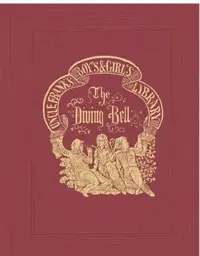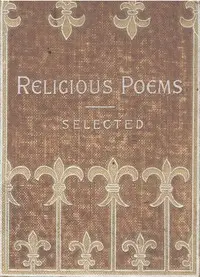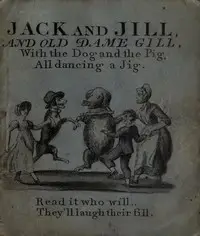"Bohemian Days: Three American Tales" by George Alfred Townsend, presents stories about Southern exiles grappling with harsh conditions and missed opportunities in Paris. With ruinous vices haunting them, the book follows characters like Mr. Auburn Risque and Mr. Pisgah as they deal with reduced circumstances, the allure of gambling, and the search for their place in the world. The narrative begins in a run-down Paris flat, home to seven individuals, tracing their lives and the risks they take at the roulette table to try and revive fortunes gone amiss. These people, once well-to-do in the South, now face despondency and pain, as demonstrated by the sobering death of one among them. Through these characters, the tales reveal ideas of who we are, the agony of loss, and the tenacious desire for a better life.

Bohemian Days: Three American Tales
By George Alfred Townsend
In post-Civil War Paris, former Southern aristocrats risk everything as they confront poverty, gamble with fate, and struggle with their lost identities.
Summary
About the AuthorGeorge Alfred Townsend was an American journalist and novelist who worked under the pen name Gath. He was one of the youngest war correspondents during the American Civil War. Over the course of his career he worked for multiple newspapers including the Philadelphia Inquirer, Philadelphia Press, New York Herald, New York World and Chicago Tribune. He became well known as Washington D.C. correspondent for the New York World and his coverage of the assassination of Abraham Lincoln. He turned his daily reports into a book, The Life, Crime, and Capture of John Wilkes Booth, published in 1865. In 1871, he established and edited the Washington D.C. newspaper the Capital along with Donn Piatt, but left the venture soon after its creation.
George Alfred Townsend was an American journalist and novelist who worked under the pen name Gath. He was one of the youngest war correspondents during the American Civil War. Over the course of his career he worked for multiple newspapers including the Philadelphia Inquirer, Philadelphia Press, New York Herald, New York World and Chicago Tribune. He became well known as Washington D.C. correspondent for the New York World and his coverage of the assassination of Abraham Lincoln. He turned his daily reports into a book, The Life, Crime, and Capture of John Wilkes Booth, published in 1865. In 1871, he established and edited the Washington D.C. newspaper the Capital along with Donn Piatt, but left the venture soon after its creation.


















